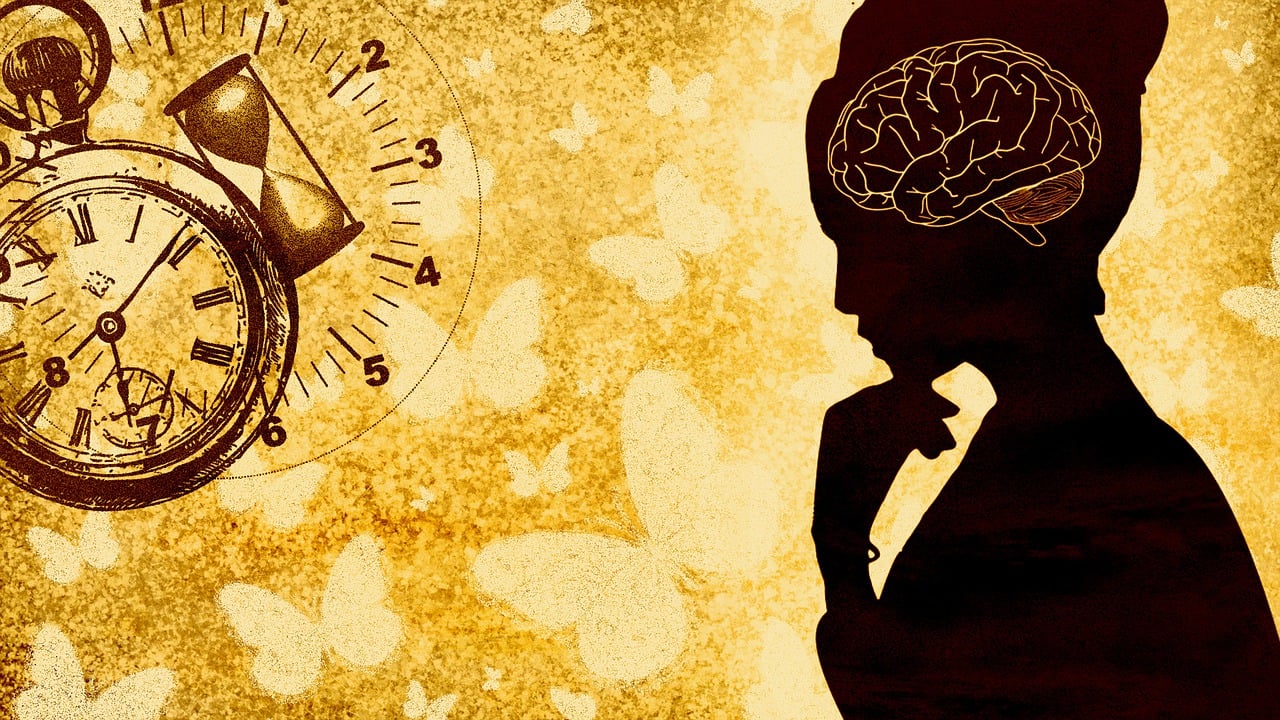Table of Contents
- 1 Introduction
- 2 Developmental Aspects of Adolescence
- 3 Common Mental Health Disorders in Adolescents
- 4 Risk Factors for Mental Health Issues
- 5 Signs and Symptoms of Mental Health Issues
- 6 Impact of Mental Health Issues
- 7 Strategies for Support and Intervention
- 8 Prevention and Promotion of Mental Health
- 9 Conclusion
![]()
Introduction
Mental health encompasses emotional, psychological, and social well-being, which are crucial for overall functioning and quality of life. Adolescence, the developmental stage between childhood and adulthood, typically spans from ages 10 to 19. This period is marked by significant physical, cognitive, and emotional changes. The mental health of adolescents is a critical concern because it profoundly impacts their development and future adult life. Addressing mental health issues early on can influence academic performance, social interactions, and long-term well-being.
Developmental Aspects of Adolescence
Physical Changes: Adolescents undergo substantial physical changes, including puberty and hormonal fluctuations. These changes significantly impact brain development, particularly in areas such as the prefrontal cortex, which governs decision-making and impulse control, and the limbic system, which regulates emotions.
Cognitive Development: During adolescence, individuals experience improved abstract thinking abilities and increased capacity for self-reflection and future planning. This cognitive growth supports more complex problem-solving and decision-making processes.
Emotional Changes: Adolescents often experience heightened emotional intensity as they develop their identity and self-concept. This emotional volatility is a normal part of the developmental process but can also be a precursor to mental health issues if not managed appropriately.
Common Mental Health Disorders in Adolescents
Anxiety Disorders: Anxiety disorders are prevalent among adolescents and include Generalized Anxiety Disorder (GAD), Social Anxiety Disorder, and Panic Disorder. These conditions are characterized by excessive worry, fear of social situations, and panic attacks, respectively.
Mood Disorders: Mood disorders such as Major Depressive Disorder (MDD) and Bipolar Disorder affect adolescents’ emotional states. MDD is marked by persistent sadness and a lack of interest in activities, while Bipolar Disorder involves mood swings between extreme highs (mania) and lows (depression).
Behavioral Disorders: Attention-Deficit/Hyperactivity Disorder (ADHD) and Conduct Disorder are common behavioral disorders. ADHD is characterized by inattention, hyperactivity, and impulsivity, while Conduct Disorder involves persistent patterns of rule-breaking and aggression.
Eating Disorders: Eating disorders, including Anorexia Nervosa, Bulimia Nervosa, and Binge-Eating Disorder, are significant mental health concerns. These disorders involve unhealthy eating patterns and distorted body image, which can severely impact physical and emotional health.
Substance Use Disorders: Adolescents may engage in substance abuse, including alcohol and drug use. Early intervention and prevention are crucial to address these issues and mitigate their long-term effects.
Risk Factors for Mental Health Issues
Genetic and Biological Factors: A family history of mental health disorders and neurobiological influences can increase the risk of developing similar issues during adolescence.
Environmental Factors: Family dynamics, parenting styles, and socio-economic status can affect adolescents’ mental health. Stressful or unstable environments may contribute to the development of mental health problems.
Psychological and Social Factors: Peer relationships, bullying, academic pressure, and social expectations can significantly impact an adolescent’s mental health. Social stressors often exacerbate existing vulnerabilities.
Trauma and Adverse Childhood Experiences (ACEs): Experiences of abuse, neglect, and exposure to violence are linked to higher risks of mental health disorders. Addressing these traumatic experiences is essential for effective intervention.
Signs and Symptoms of Mental Health Issues
Emotional Indicators: Persistent sadness, irritability, excessive worry, or fear are common emotional signs of mental health issues. These symptoms can significantly impact daily functioning and overall well-being.
Behavioral Changes: Changes in behavior, such as withdrawal from social activities, changes in sleep patterns, and alterations in appetite, may indicate mental health problems.
Cognitive Symptoms: Difficulty concentrating and pervasive negative thought patterns can affect an adolescent’s academic performance and self-esteem. These cognitive symptoms often accompany mental health disorders.
Impact of Mental Health Issues
Academic Performance: Mental health issues can lead to declines in academic performance, decreased motivation, and increased absenteeism. This impact can affect future educational and career opportunities.
Social Relationships: Mental health problems can strain friendships and family relationships, leading to isolation and social withdrawal. These issues can further exacerbate feelings of loneliness and depression.
Physical Health: Adolescents with mental health disorders are at increased risk for physical health issues, such as substance abuse and related health problems. Chronic stress can also manifest in physical symptoms like headaches and fatigue.
Long-Term Consequences: Untreated mental health issues can result in chronic conditions and have long-term effects on adult life, including difficulties in career, relationships, and overall quality of life.
Strategies for Support and Intervention
Early Identification and Screening: School-based screening programs and regular check-ups with healthcare providers can help identify mental health issues early. Early intervention is crucial for effective treatment and support.
Therapeutic Interventions: Cognitive Behavioral Therapy (CBT) is a common therapeutic approach that helps adolescents manage negative thought patterns and behaviors. Family therapy and counseling can also provide support and improve communication within families.
Medication: In some cases, medication may be necessary to manage symptoms of mental health disorders. Understanding the types of medications and their effects is important for effective treatment.
School and Community Resources: Schools can provide access to counselors and mental health services. Community organizations and support groups also offer valuable resources and support for adolescents and their families.
Building Resilience: Teaching coping skills, stress management techniques, and encouraging positive relationships and activities can help adolescents build resilience and improve their mental health.
Prevention and Promotion of Mental Health
Education and Awareness: Implementing mental health education in schools and reducing stigma are essential for promoting mental health and encouraging early intervention.
Promoting Healthy Lifestyle Choices: Encouraging exercise, balanced nutrition, and adequate sleep can support overall mental well-being. Engaging in hobbies and social activities also promotes mental health.
Encouraging Open Communication: Creating safe spaces for adolescents to express their feelings and fostering open dialogues between adolescents and adults can improve mental health outcomes.
Conclusion
Addressing mental health in adolescents is vital for their overall development and future well-being. A comprehensive approach, including early identification, therapeutic interventions, and supportive environments, is essential for effective support. By focusing on education, prevention, and open communication, we can promote positive mental health and help adolescents navigate this crucial developmental stage successfully.
Share This





Be the first to comment